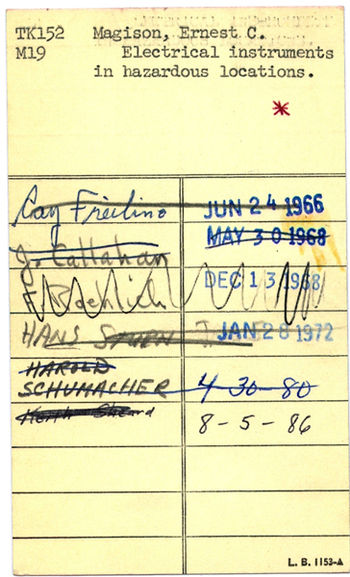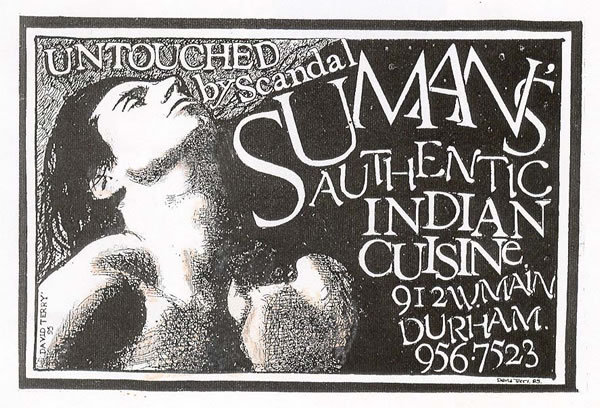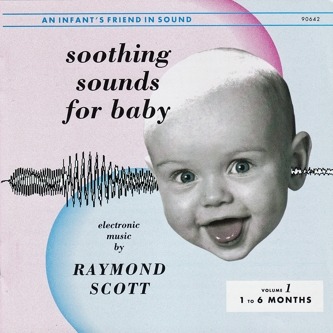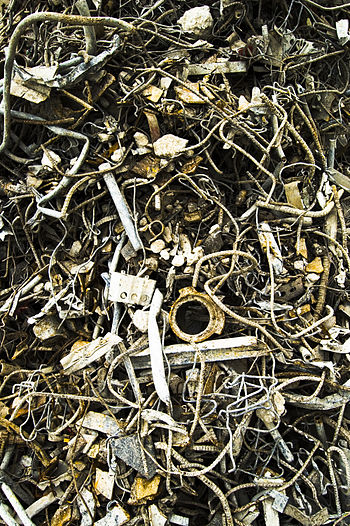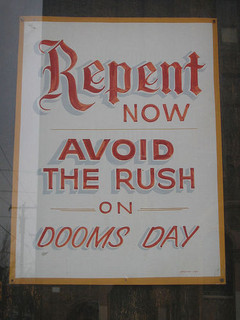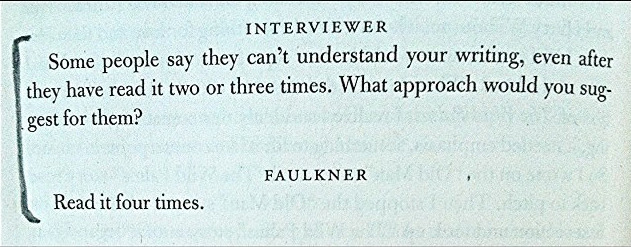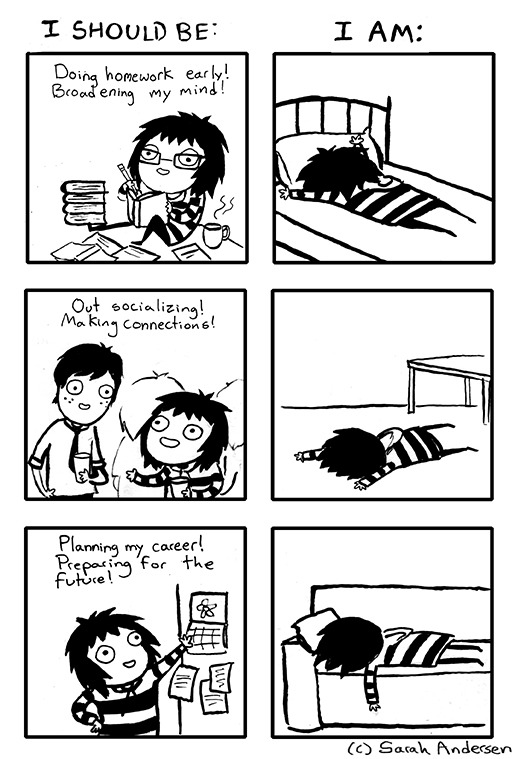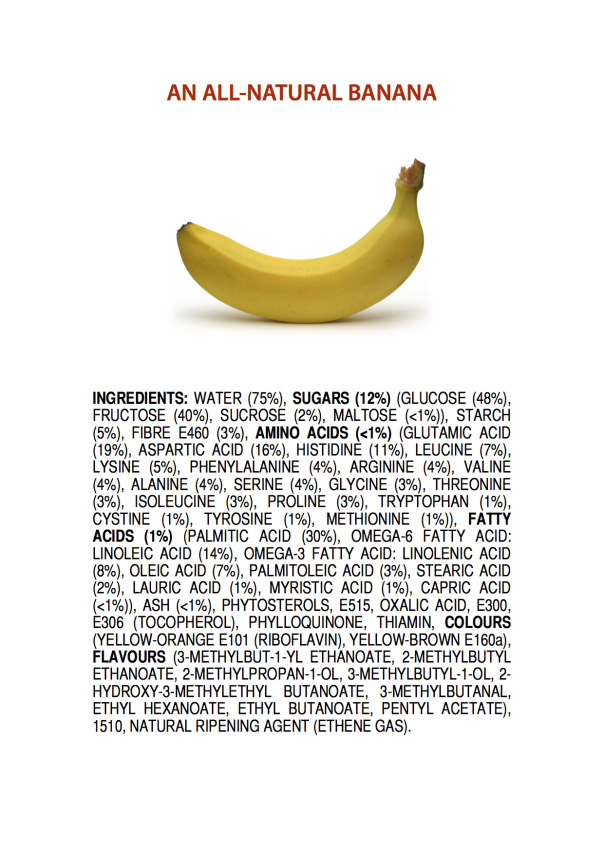Review: "In Our Time" podcast and newsletter
One of my long-term listening pleasures is BBC4's In Our Time podcast. The show is hosted by Melvyn Bragg, a novelist, cultural reporter, broadcaster, and a member of the House of Lords, in no particular order. The show's premise is to pick a significant topic from history, culture, science, art, philosophy, etc., bring in three scholarly or scientific experts on the topic, and let Lord Bragg serve as the audience's guide and interlocutor. Bragg's job is to absorb lots of detail (written and prepared for him beforehand by the week's guest experts) and then attempt to lay out the topic from end-to-end for the eager-to-be-informed listener. All in about 43 minutes, which makes it fast-paced with lots of finely argued details and centuries of stories regretfully brushed aside or glossed over in an attempt to get out of the studio on time.
Still, that's about the right length of time for an introduction to a big topic. It sounds like a frantic idea, to discuss Prime Numbers, the Nicene Creed, Montaigne, Renaissance Magic, or the Battle of Bosworth Field in under an hour, but I have to admit, Bragg delivers more often than not. (Take a look at their archives; the variety of topics is astounding.) He favors a strictly chronological narrative both to establish a context and structure the discussion, and is careful to make sure a decent foundation is laid before the more interesting aspects of the topic are discussed.
As someone who loves to learn new things and who particularly enjoys these kinds of scholarly panel discussions, I enjoy getting a condensed introduction to a topic or idea I know nothing about. I often want a taste, not a full meal. "In Our Time" delivers that.
And it's lovely hearing the experts talk. While some of the voices sound like particularly eccentric Monty Python characters, it's bracing to hear younger voices, women's voices, and ethnic voices taking their place at the table. These folks know their stuff and the deference they pay to each other is charming.
But you knew there was a "but" coming. For all that Bragg ably herds his cats, he has habits that make me want to scream. For someone whose day job is as a broadcaster, I'm often shocked by his lazy elocution and gabbled, hurried, mumbled words. He has an annoying habit of literalness; under the guise of "getting it clear for the listeners," he tries to pin down whether Pocahontas actually did save John Williams' life and did King Arthur and Robin Hood really exist, all while his experts squirm in their seats after having already said five times that there's no hard evidence one way or the other.
While I'm on a Bragg-bash, I sometimes get annoyed when the topic is literature. As a novelist and a great reader himself, he often inserts his opinions and summaries into the conversation when I believe they don't add much to the conversation. However, when the topic is well outside his familiarity, he becomes more humble and capably guides the experts through a forest of dense ideas. He's at his best when he lets his guests talk.
After the show, he and the experts usually repair to a lounge for a cup of tea where the conversation continues, one assumes more free-spiritedly, and they lament all the good bits that had to be left out. He shares choice tidbits from these conversations in his weekly newsletter and a Radio 4 blog.
I enjoy these morsels he shares in his weekly posting; more admirable and humorous qualities of his character peek through. Here are some paragraphs I enjoyed from his post accompanying a show on the gladiator Spartacus:
Mary Beard told me after the programme that Crassus (he who said that no man can count himself rich unless he can afford a private army), the one who finally defeated Spartacus, had taken on the Parthians and himself been defeated. His head was severed and later used as a prop in a performance of The Bacchae at the Parthian court. A story like that is what I think, perhaps many of us think, classical historians are for.
The business of gladiators being killed in the arena and a great flurry of thumbs down going on seems to be ill-founded. Put simply, gladiators were very expensive. They were an investment. Their owners did not like them to be killed and therefore, of course, as privileged, rich and wealthy owners do, they fixed things so that they got what they wanted. So in the end gladiators were as much for show as for dead meat.
There was a discussion about whether Spartacus's wife could possibly have spent time with him in the gladiatorial school, i.e. lived with him. She certainly seems to have been there when he was bought as a gladiator in the first place.
Curious how we seem to like men fighting each other or lions, bare-topped, shouted on by crowds. But it wasn't long ago that much the same thing happened around these parts, is it? Crowds at hangings, crowds at bear fights, crowds at executions, women knitting as the guillotine fell. How much would it take for it to come back?
